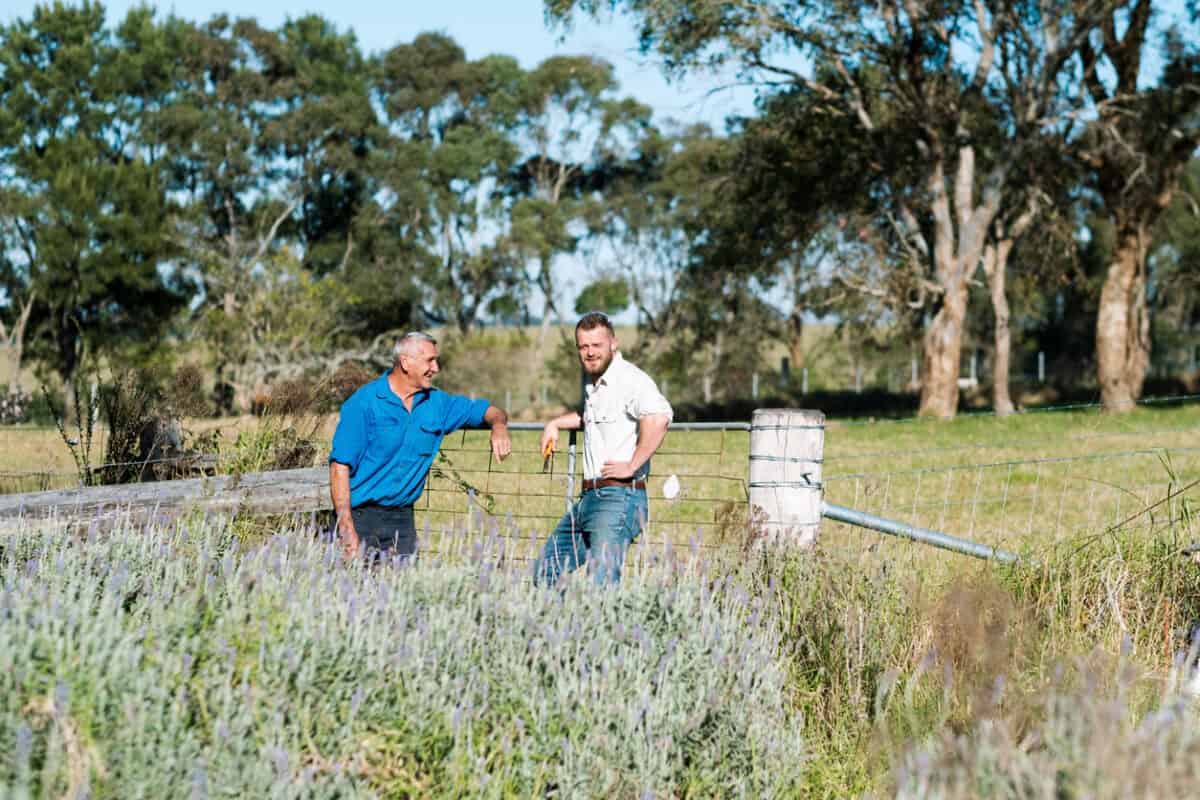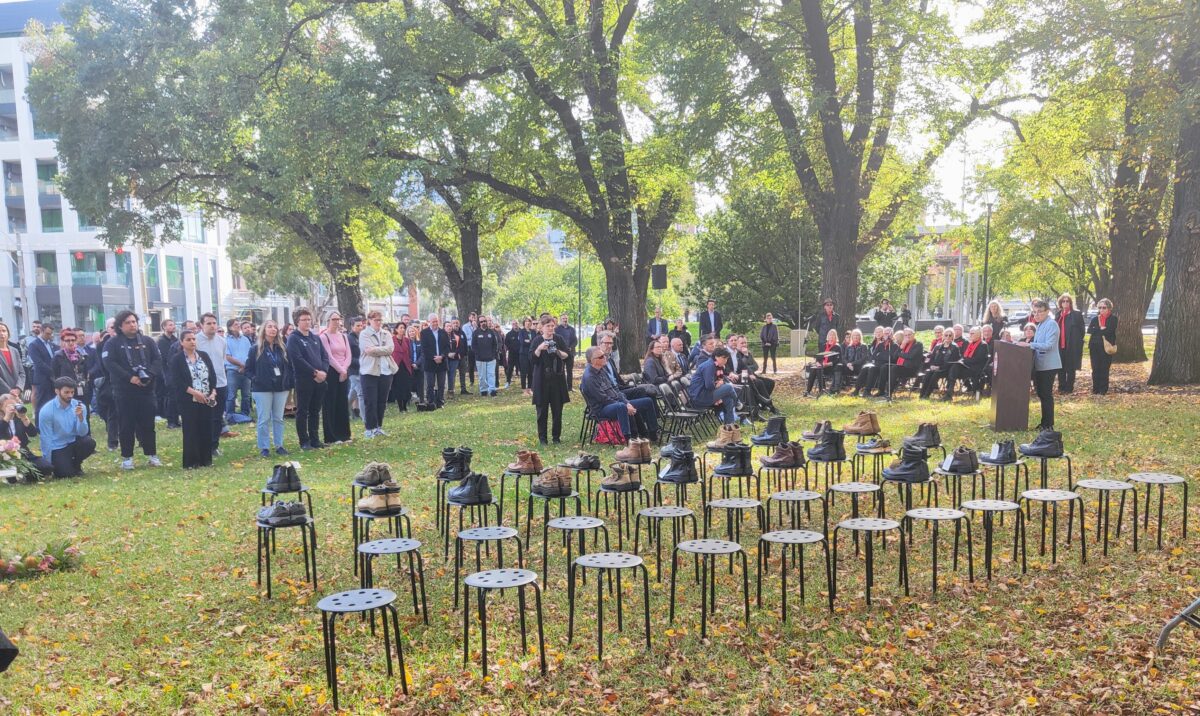Andrew Hopkins’ new safety and management book has landed. It is perhaps his most powerful critique of modern safety-related corporate management as he identifies “big picture” socioeconomic and political factors that directly affect executive decisions. By examining the 737 MAX aeroplane crisis of over 340 customer deaths that Boeing could have prevented, Hopkins discusses the hazardous managerial ideologies that have been idolised and are likely to be present in most companies created in the last 40 years.
The book has aviation in the title, but this is far more than a book about aeroplanes.







